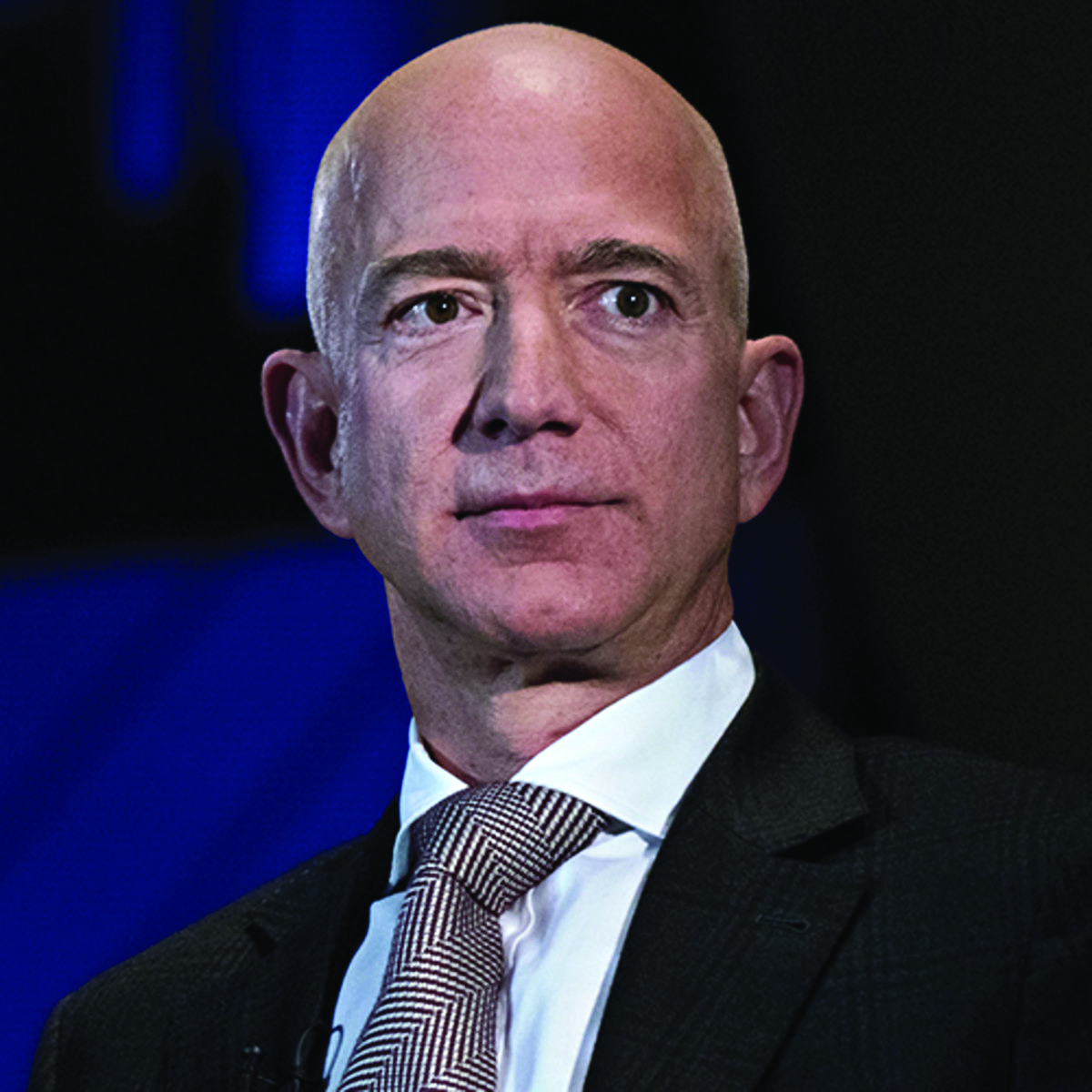Over 3,000,000 cases and the number still grows. Over 200,000 deaths and the number still grows. Over 1,000 daily losses and the number still grows. 1 in 5 businesses at the risk of collapse and big names such as Debenhams, Laura Ashley, Carluccio’s, Fly be, Virgin Australia have gone into administration and harrowingly the number will still grow. Such is the impact of the COVID-19 pandemic! It has changed commercial norms for good and has spelt disaster for many businesses. Governments of the world are stuck between a rock and the hard place. Damned, economically and politically, if they don’t open up the economies soon and damned, socially and electorally, if they open up the economies too soon and start a resurgence of the pandemic! It seems, at-least for the time being, there are no easy answers.
When the dust settles, there will be lessons learnt from these turbulent times for all. For the business world, the quicker the better even now! Consider.
Earlier op-eds in this series have laid the foundation of this learning in two ways. One, by extrapolating Google’s agility into a recommended policy for businesses struggling under the strain of BREXIT. Two, by considering the VUCA paradigm to suggest a policy of unswerving agility for international corporations. To reiterate, VUCA is a term that stands for Volatile, Uncertain, Complex, and Ambiguous and is borrowed from the military to highlight a highly unpredictable and rapid velocity state. Add to both of these, the upheaval and fluidity caused by the ongoing Coronavirus contagion and there arises a further need to refine the policy option thereby.
If one phrase was to encapsulate the newly recommended business policy, it would be this: diversification and dexterity D&D! Remember that policy has been previously defined as an inspiring vision to promote, execute and achieve defined ends or goals. The policy response in face of COVID-19 is no different and could be further established thusly profitable survival and alternate value creation through flexibility in resourcing and investment in newly galvanised revenue streams.
In order to bear fruit, there needs to be five established objectives of such a policy. First, enshrine the mantra ‘don’t put all eggs in one basket’. Second, create diverse value rather than similar wealth. Third, commit to a commercially viable sustenance. Fourth, put employee wellbeing at the heart of the organisation. Fifth, establish a resilient and flexible work force to counter a changing landscape.
It won’t be easy to pursue and meet these objectives! Old habits die hard and organisations as much as people hardly ever get out of their comfort zone and change their untrusting ways. To make this happen every sinew of the business will need to align to Mark Twain when he says “Twenty years from now you will be more disappointed by the things that you didn’t do than by the ones you did do. So, throw off the bowlines. Sail away from the safe harbor. Catch the trade winds in your sails. Explore. Dream. Discover”!

Furthermore, no policy worth its salt can be successful without appropriate underlying strategies to execute its objectives. To restate, strategy is an alignment of ways, means and ends to reach defined policy objectives. For the execution of the policy of D&D diversification and dexterity following core strategies must be implemented. One, reassess and revitalise the core competencies of the business. Two, wean the organisation away from wealth and towards value. Three, instil a culture of flexible working as opposed to rigid hours and locations. Four, ensure potential reward overtakes the risk of reprimand. Five, build resilience and agility into the DNA of the organisation. McKinsey considers agile organisations to have a 70% chance of being in the top quartile of organizational health – the best indicator of long-term survival and performance.
Additionally, once policy and its underlying strategies are in sync, it needs to be seen what sort of doctrinal message flows through the organisation. After all, the success of a business especially in these trying times of Coronavirus is dependent on efficiently orchestrating the troika of doctrine, policy and strategy. Unfortunately, out of all three, doctrine is the only commodity that can be tailored the least. Why? This is because doctrine is the set of authoritative beliefs and principles that get accumulated over the course of one’s life. In this case, it is the doctrine of the person in charge CEO or chairman that permeates the organisations. Have a look at Jeff Bezos at Amazon or Bill Gates at Microsoft or Jack Welch at GE and you will see the gist of a personal doctrine mirrored in organisational detail. In times of COVID-19, a ‘never give up, never give in’ doctrine of perseverance and stamina is required. The only way of ensuring that is to ensure that the person at the helm of affairs reflects that doctrine. If not, then changing horses in the middle of this turmoil may be considered but with due care and considerations.
These are indeed unprecedented times and as such, require unprecedented actions. As Christine Lagarde, former managing director of the IMF and current president of the European Central Bank, suggests “given the nature of the crisis, all hands should be on deck, all available tools should be used”! Though, a time will come when this episode is behind us and questions will be asked. Businesses will be measured, and they will be weighed and in most cases they will be found wanting! The utmost question would be this: did they learn anything out of this?





